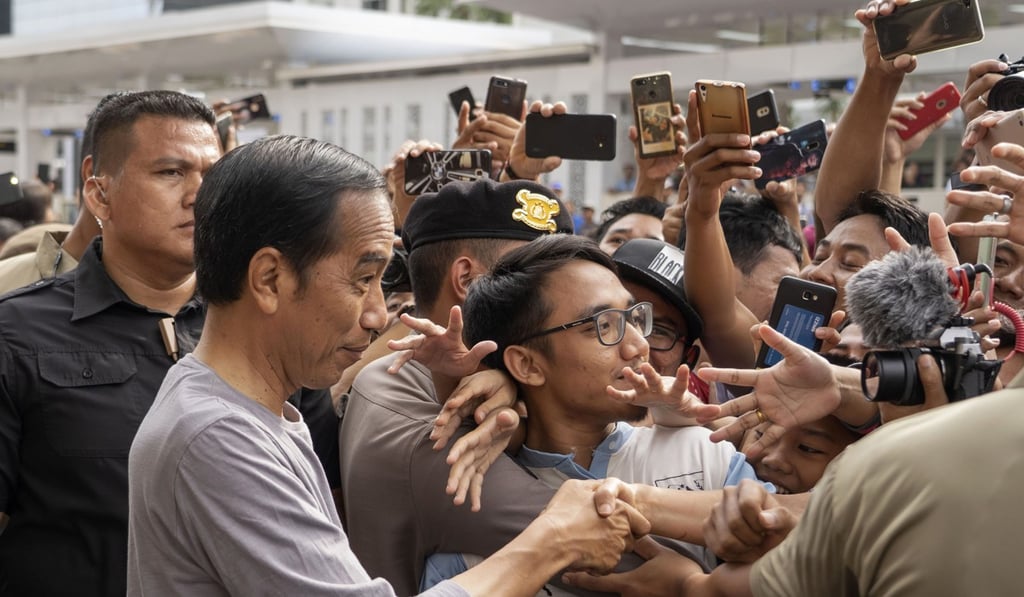Advertisement
Indonesia’s US$40 billion rail expansion could rival Hong Kong, Singapore while reigniting China-Japan rivalry
- Project is part of President Joko Widodo’s ambitious road map to create a US$7 trillion economy by 2045, with an emphasis on infrastructure
- Japan was awarded the first subway line in the capital, while China secured the first high-speed train deal connecting Jakarta and Bandung
Reading Time:3 minutes
Why you can trust SCMP
0

Indonesia is preparing to spend about US$40 billion to extend Jakarta’s metro network, a bigger than expected outlay that’s poised to boost the country’s construction companies and reignite a rivalry between China and Japan over building the project.
The spending plan, detailed in an interview with the head of the operator of the capital’s subway, is part of President Joko Widodo’s ambitious road map to create a US$7 trillion economy by 2045. While his administration has outlined a requirement to spend about US$455 billion on infrastructure over the next five years, policymakers have until now revealed few specifics.
PT MRT Jakarta is currently selecting financiers to help fund the expansion, said William Sabandar, its president director. It’s seeking to add an additional six lines to the one that partially opened earlier this year, he said, which could rival Hong Kong and Singapore in terms of length. The decision to broadly extend the network may surprise some analysts who were expecting the operator to work only on completing the first line.
“We have a target of building 230km by 2030, that’s the masterplan,” Sabandar said in an interview in Jakarta. “We only have 16km right now, so the key is how we can do this in an accelerated way. We can no longer just build them one by one.”
Improving the country’s rail network is a crucial next step in Widodo’s ambitions to develop the Southeast Asian country’s infrastructure, expediting the flow of goods and people and alleviating congestion, after he spent aggressively to build the tollway network in his first team.
But his efforts to date, which also include the construction of ports, dams and power plants, have put a strain on the banking system and the balance sheets of state-owned construction companies.

Advertisement